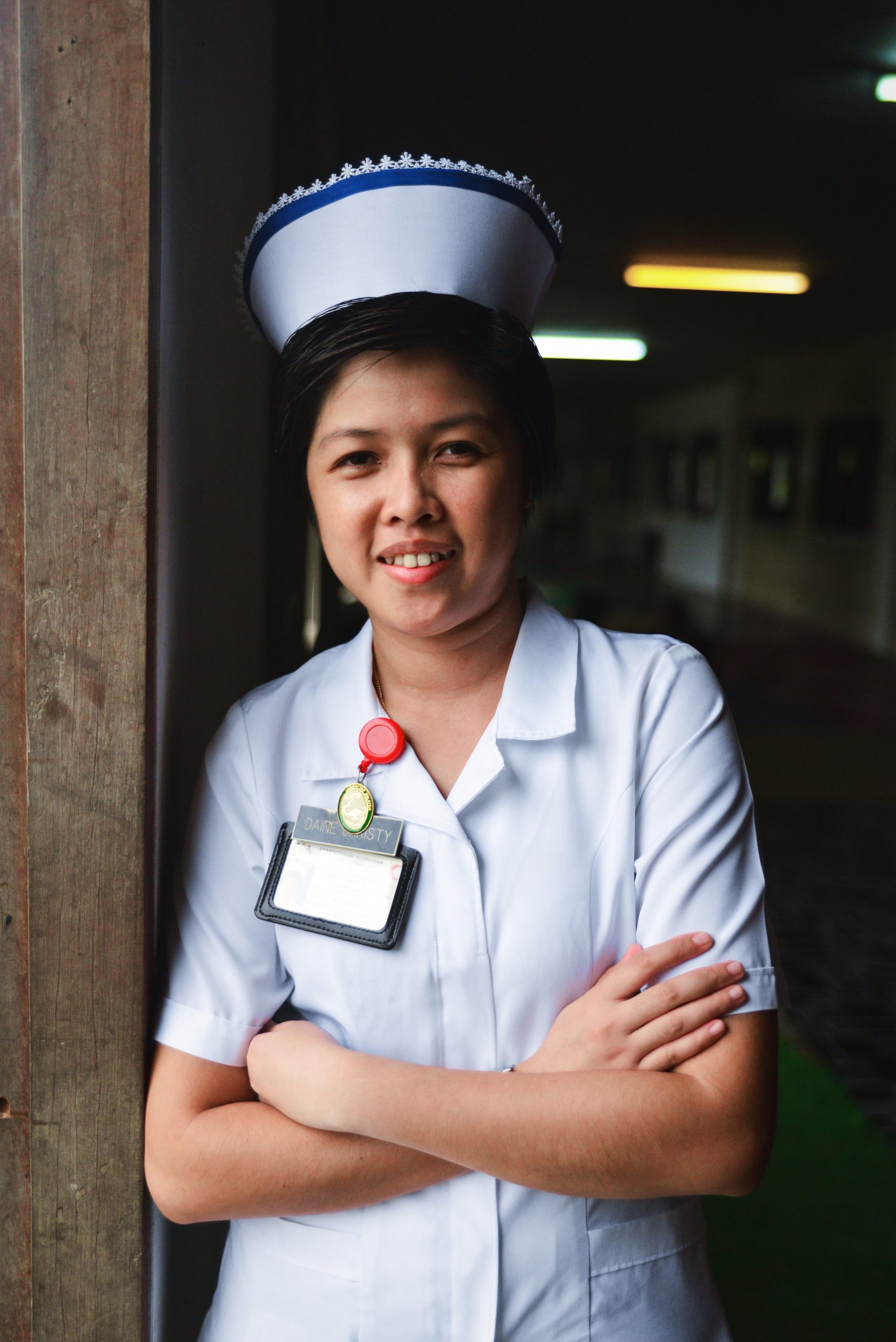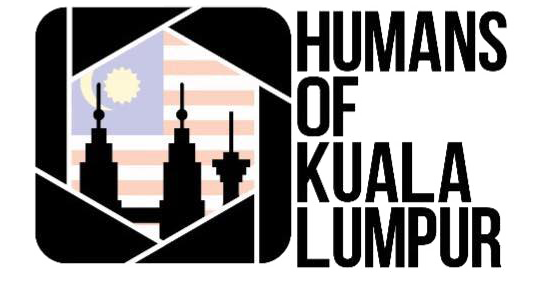I am a Nurse. I’m Ibanese. I’m from Mondamin. I was born in Seri Aman and from then on I moved houses because of my father’s job. I became a nurse through the SPA – Suruhanjaya Perkhidmatan Awam. I’ve been a nurse for 6 years. As nurses, we are working under the Health Ministry and we run a specific programme with our clinic which is called Women’s Health Programme (Program Kesihatan Wanita). We would visit two villages in a month. One of the most interesting villages I had worked with so far would be Rumah ‘Bantal’ at Limbang because they have been cooperative in working together with the Klinik Kesihatan in running health programmes. A lot of people come to us who express interest in attaining knowledge about health.
What is the biggest issue that women are facing in Sarawak?
They’re shy. They see that we are local Sarawakian women and they believe that we will remember who they are. Or that they will be shy because we would normally see them on a daily basis. It is challenging because then we would have to establish relations with the public in different ways. We have to persuade them or have plenty of initiatives before they would come to us. Their most common health issues are normally non-communicable diseases especially hypertension, diabetes, and asthma.
Also, the women in Peninsular have a higher tendency to go to the clinic due to easy access whereas for the women here, they have trouble with transportation to come to the clinics. Here it is a matter of whether are they reachable or unreachable. So we, as public health nurses, would go to them if they are unreachable to run health programmes. The programmes by HRAM and UNFPA are beneficial.
What is your message to the Sarawakian people?
Best practices would be to come to the clinic once you have given birth for check-ups and/or treatments so that we can detect and prevent diseases / illnesses. One day I would like to be a lecturer in Nursing so we can teach and pass the knowledge on to future nurses. Today we might give what we think is the best for the people now. By educating the future generation, we can be even better in helping our people.



